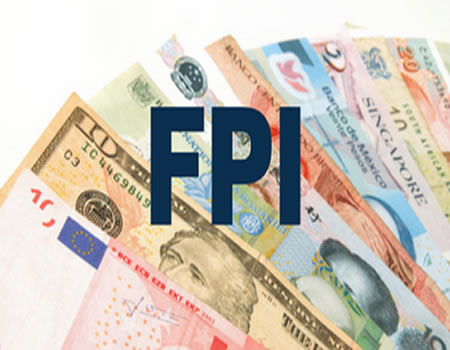The National Bureau of Statistics (NBS) released first quarter (Q1):2018 capital importation data on Friday.
Confirming the development, investment banking group, Afrinvest West Africa limited observed that, “increased foreign interest in the fixed income market contributed to the bullish sentiment in Q1 while tapered interest in equities was a drag to equity market performance in the period.”
On the other hand, Foreign Direct Investments (FDI) into Nigeria remains underwhelming as it fell 34.8 per cent in quarterly comparison (Q-o-Q) to US$246.6million, accounting for 3.9per cent of total capital inflows from 23.3per cent in Q1:2017 and 7.0per cent in Q4:2017.
Nigerian Tribune checks reveal that results of open market operation (OMO) auctions in the past weeks show that investors continue to favour longer tenored instruments given the moderating yield environment.
In the near term, “we expect investor appetite for longer tenored instruments to remain upbeat,” the bankers stated.
Just last week, the shorter 119-day instrument was largely undersubscribed. N50.0billion was offered while subscription was N2.9billion and N2.9billion was sold at stop rate of 11.05 per cent. On the longer tenored 231-day instrument, N200.0billiion was offered, N451.2billion subscribed while N451.2billion at the stop rate of 12.15per cent, representing an oversubscription of 1.3 times.
Similarly, Other Investments comprising of loans, trade credits, currency deposits and other claims declined 2.3per cent when compared quarterly (Q-o-Q) to US$1.5billion due to weaker flows from undefined “other claims”.
According to NBS, total capital inflows surged 594.0per cent, reflecting low-base effect of Pre-I&E window era, and rose by a modest 17.1per cent Q-o-Q to US$6.3billion.
In the near term, experts anticipate capital inflows into the economy to remain stable despite downside risks of polity stability as the 2019 general elections approaches and recent emerging market risk-off trade.
“Our outlook is based on: “’improving domestic economic fundamentals which is expected to narrow credit spreads on local debt instruments and sustain demand for fixed-income assets, and FGN external deficit financing strategy,” analysts at Afrinvest said.






